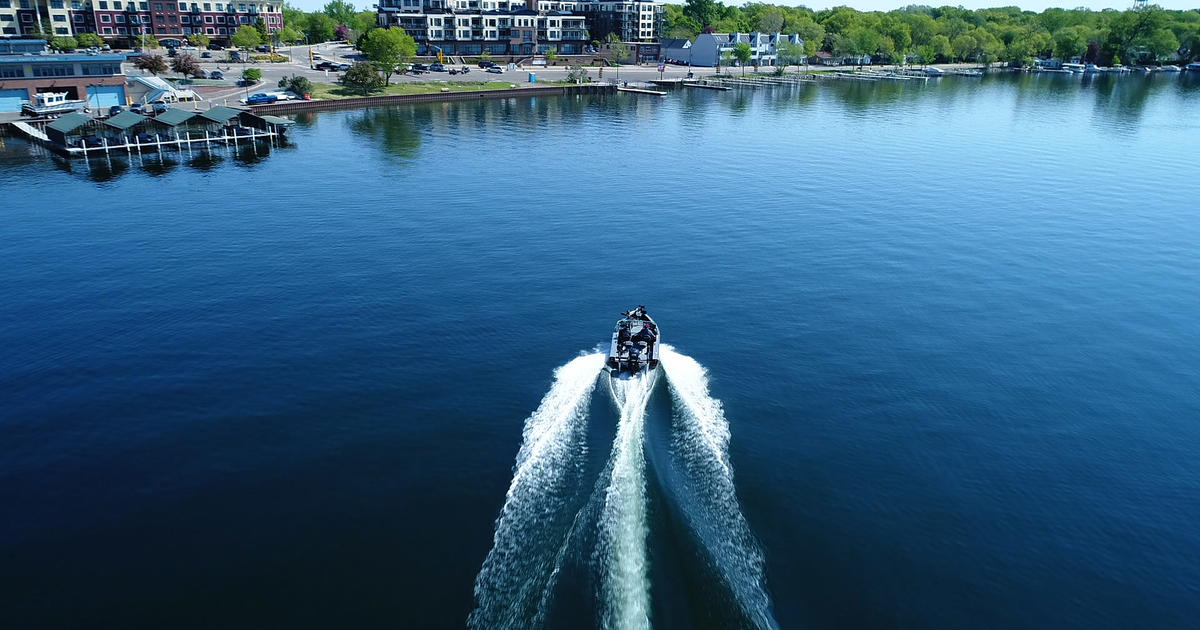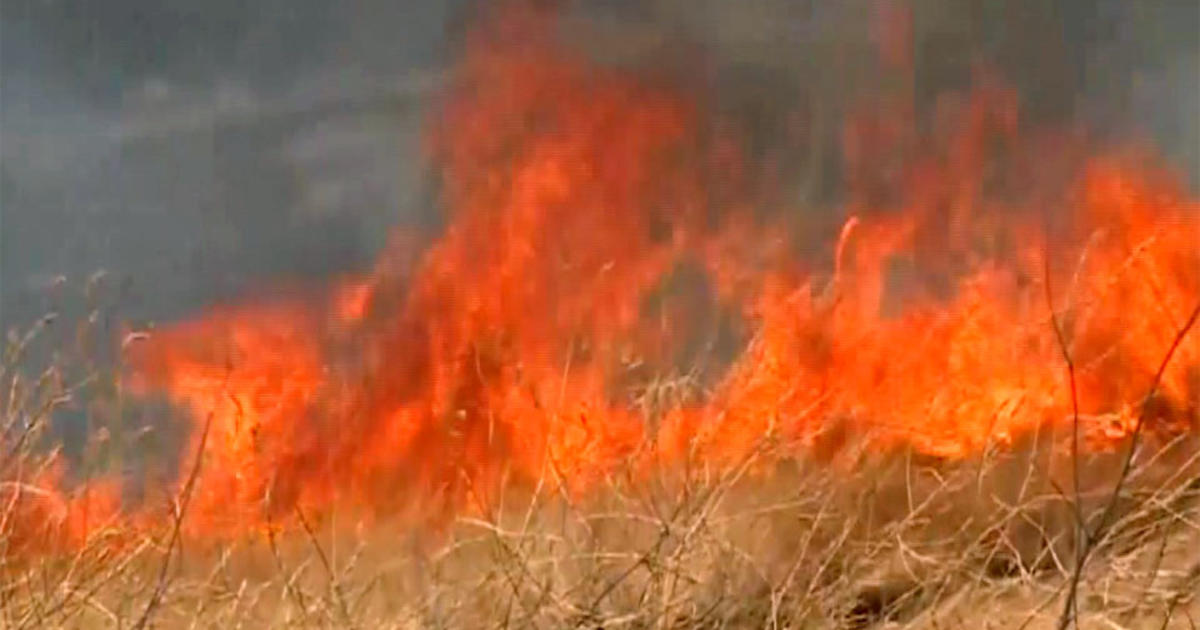Minn. DNR Requests Compensation From BP Gulf Oil Spill
MINNEAPOLIS (WCCO) -- In a clear, blue autumn sky, hundreds of American white pelicans soar in a circulating pattern above the Mississippi River flyway.
The majestic birds with the eight-foot wingspan are slowly meandering their way along the annual fall migration to the Gulf of Mexico.
"They will find these thermals and they set their wings and then they just glide upwards," said Carrol Henderson, who leads the Department of Natural Resources' division of non-game wildlife.
More than 22,000 nesting pairs of white pelicans return to Minnesota each spring to nest.
Henderson says they were nearly extinct between 1880 and 1966 because they were aggressively hunted by folks who viewed the water bird as a threat to fishing.
He says the pelicans were dealt another serious blow in 2010 while spending the winter months along the coastal shores and estuaries of the Gulf of Mexico.
An underwater spill from the British Petroleum drilling rig, the Deepwater Horizon, pumped massive amounts of crude oil into the gulf waters.
Despite massive rescue and cleanup efforts, thousands of birds were affected by the spill and the aftermath.
"Between the juveniles that were present and then the adults that went there and were feeding in the fall after the oil spill, they were exposed to the petroleum contaminants and to the dispersant contaminants," Henderson said.
The chemical dispersant Corexit is one of the main weapons used in the cleanup. It was poured into the gulf to help break up the oil slicks.
But not only did the spill leave pelicans and other water birds covered in oil, but the chemicals used to disperse the crude is now turning up in the pelicans' blood, beaks and egg shells.
The long-term effects on pelican reproduction are unclear.
That's one reason the Minnesota DNR will make a claim on BP's damage fund to help pay for future research and habitat restoration.
"The most encouraging thing they've said is there will be a settlement. We will be receiving funds from this," he said. "It has been documented that our birds were affected."
The state has already coughed up over a quarter of a million dollars in funding to measure the oil spill's effects on pelicans and the official state bird, the common loon.
The bottom line is to preserve the images of pelican migrations for generations to come -- a goal that is nearly impossible to place a price on.



